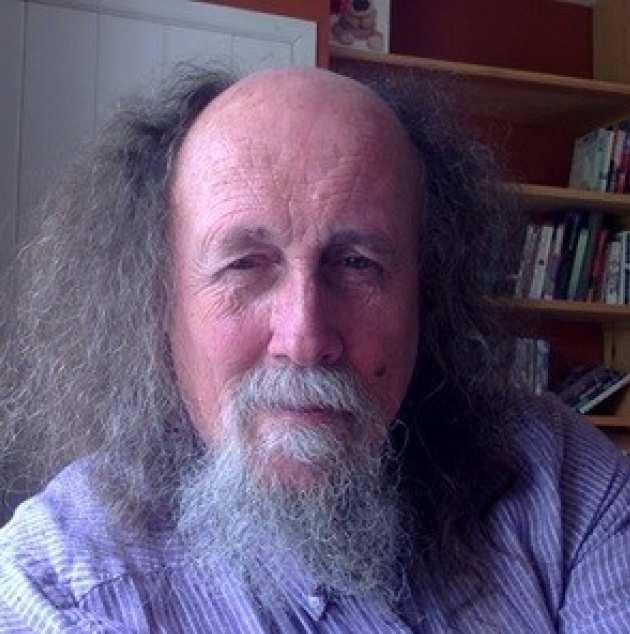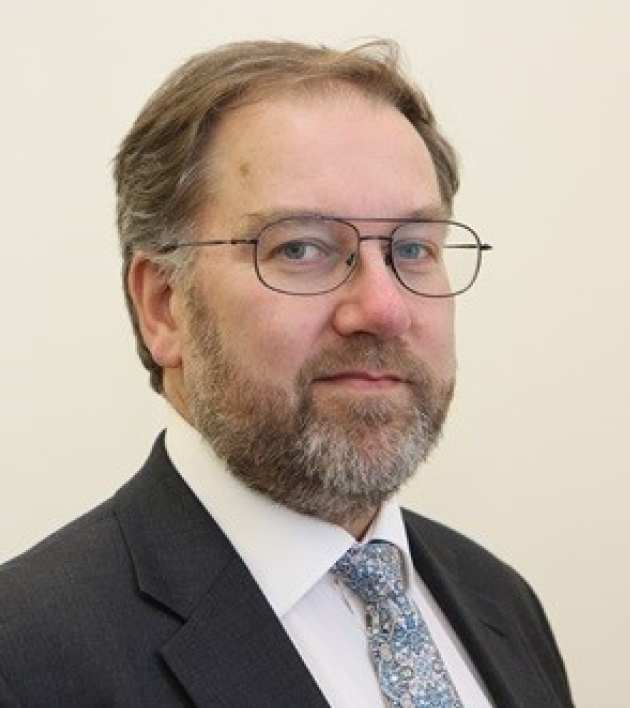Climate and materials experts elected as Fellows of the Royal Society

The Royal Society has granted two prestigious fellowships to scientists at Imperial College London.
The academics – who work on plant responses to climate change and properties of materials for energy – have been elected to join the ranks of the UK's most eminent scientists as part of the 2018 election of 50 new fellows.
Professors Colin Prentice and Robin Grimes join more than 70 other members of imperial staff who are permitted to use the letters FRS after their name.
Fellowships are given to distinguished scientists by the Royal Society in recognition of "contributions to science, both in fundamental research resulting in greater understanding, and also in leading and directing scientific and technological progress in industry and research establishments."
Professor James Stirling, Provost of Imperial, said: “I’m delighted and proud that two members of our College community have been recognised for their outstanding contributions to science. Both Colin and Robin have pushed the boundaries of research in their respective fields and this well-deserved honour reflects that.”
Professor Colin Prentice
 Colin Prentice is AXA Professor of Biosphere and Climate Impacts in the Department of Life Sciences at Imperial. His research centres on understanding how plants react to and interact with changes in climate and other aspects of the physical environment. He develops and tests new quantitative theories for plant and ecosystem function and land-atmosphere exchanges of energy, water and carbon dioxide, with the goal of more robust and reliable numerical modelling of land processes in the Earth System.
Colin Prentice is AXA Professor of Biosphere and Climate Impacts in the Department of Life Sciences at Imperial. His research centres on understanding how plants react to and interact with changes in climate and other aspects of the physical environment. He develops and tests new quantitative theories for plant and ecosystem function and land-atmosphere exchanges of energy, water and carbon dioxide, with the goal of more robust and reliable numerical modelling of land processes in the Earth System.
He said: "I'm delighted that my research has been recognized in this way. I'm happy to have landed at a place where so much excellent research is going on, and I'm excited about the work I'm doing now with a fantastic international group of collaborators."
Professor Robin Grimes
 Robin Grimes is Professor of Materials Physics in the Department of Materials at Imperial and Chief Scientific Adviser for the Foreign & Commonwealth Office. He uses computer modelling to predict the structural and dynamic behaviour of ceramics, metals and semiconductors for energy applications. He has investigated a wide range of properties, including thermal conductivity and how materials deform but also how atoms are transported through solids.
Robin Grimes is Professor of Materials Physics in the Department of Materials at Imperial and Chief Scientific Adviser for the Foreign & Commonwealth Office. He uses computer modelling to predict the structural and dynamic behaviour of ceramics, metals and semiconductors for energy applications. He has investigated a wide range of properties, including thermal conductivity and how materials deform but also how atoms are transported through solids.
He said: "While I am utterly delighted, like any scientist I do reflect on the strong support and efforts of my group over the years."
Article supporters
Article text (excluding photos or graphics) © Imperial College London.
Photos and graphics subject to third party copyright used with permission or © Imperial College London.
Reporter
Hayley Dunning
Communications Division